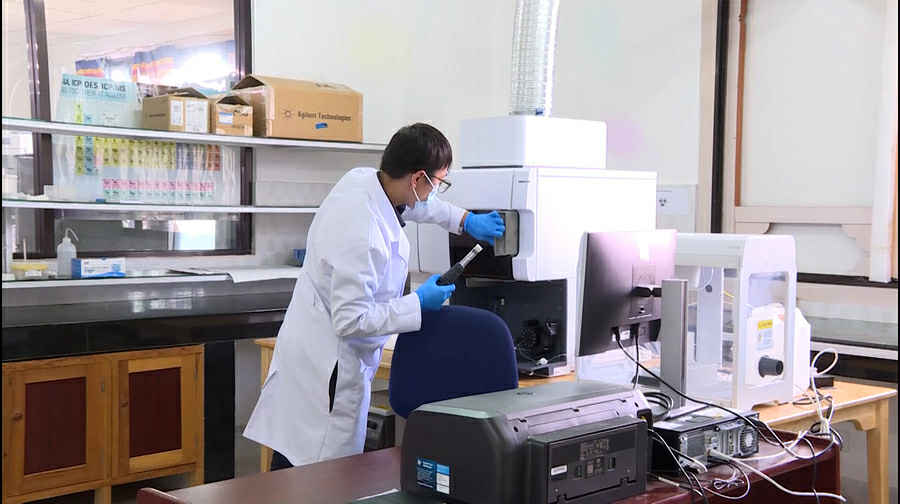 As lead poisoning is a newly identified issue in the country, building both the capacity of health workers and testing abilities is an essential early step. Currently, studies on lead and its source testing are limited and portable blood lead level testing is restricted to research purposes. In an effort to tackle the limitations and restrictions, the health ministry is training health workers and planning to expand laboratory capacity.
As lead poisoning is a newly identified issue in the country, building both the capacity of health workers and testing abilities is an essential early step. Currently, studies on lead and its source testing are limited and portable blood lead level testing is restricted to research purposes. In an effort to tackle the limitations and restrictions, the health ministry is training health workers and planning to expand laboratory capacity.
The health ministry, along with its stakeholders, developed a curriculum to tackle lead exposure and poisoning.
The ministry has implemented the curriculum through training programmes in nine districts so far. The aim is to strengthen in-service healthcare workers’ knowledge on lead poisoning and current interventions or treatment protocols.
Health Ministry’s Programme Analyst Karma Wangdi said, “The development of the curriculum began last year. While our health workers do know about lead, the curriculum will help them know the preventative measures of lead if lead poisoning signs and symptoms appear in the patients. This is to build the capacity of our health workers.”
Similar trainings will be held in the remaining districts by November this year.
There are also plans to include currently available knowledge on lead into the curriculum.
The ministry will expand blood lead testing and lab tests to check for lead in various items. It also aims to set safe lead limits for foods and products unique to Bhutan.
Karma Wangdi said, “Currently, hospitals across the country do not have the capacity to detect lead due to the lack of equipment. However, with the National Blood Lead Level Survey conducted last year, lead has become a public health issue. So, we are planning to procure the equipment and working to build the capacity of the health workers to enable them to conduct research on lead and its early detection.”
Lead, a toxic metal, is found in brass or metal utensils, religious items, Jinlab, drinking cups or glasses, and spices, among others, in Bhutan.
There is no safe level of lead exposure, and children are especially at risk, absorbing much more than adults. Even small amounts can harm brain development and lead to serious health issues later in life.
Kelzang Chhophyel
Edited by Tandin Phuntsho










